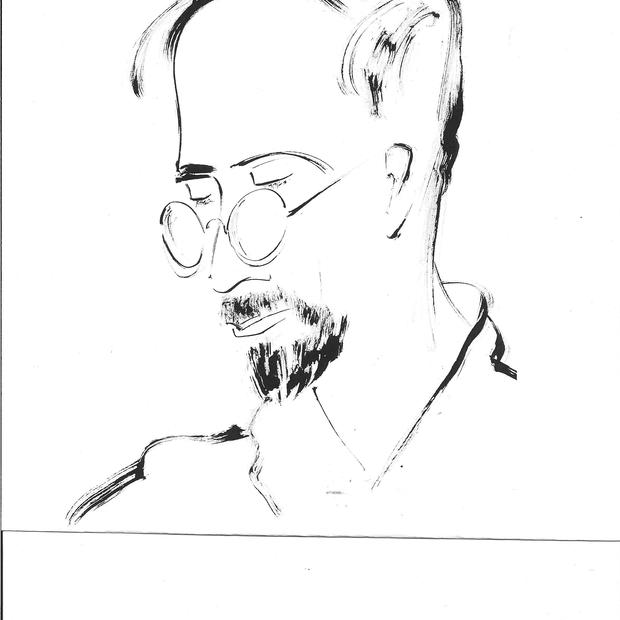On January 1, the garbage cops started patrolling Seattle for banana peels and pizza boxes along with cans, bottles and grass clippings. That was the day Seattle Public Utilities added food waste to the list of recyclable and compostable items not allowed in landfill-bound garbage. On July 1 they’ll start writing tickets for offenders.
The fine will be minimal: $1 whenever food, yard and recyclable waste make up more than 10 percent of your garbage. But it still pricks libertarian reflexes. As Abraham Lincoln said in his Temperance Address 173 years ago, “When the conduct of men is designed to be influenced, persuasion, kind, unassuming persuasion, should ever be adopted. It is an old and a true maxim, that a 'drop of honey catches more flies than a gallon of gall.'”
Why can’t the nanny state persuade rather than force us to do the right thing? Surely we’ll be better urban environmentalists if we’re given the chance to make the choice ourselves?
Not according to recent research into a phenomenon that psychologists call “moral licensing,” which you might also call “compensatory vice.” It suggests something counterintuitive about public policymaking: To avoid behavioral blowback, compulsion may be a better way to induce good behavior than persuasion. That’s because, according to the researchers, when we feel good about doing the right thing, we use it as an excuse to do the wrong thing.
I got a glimpse of this phenomenon a few years ago when I wrote about two opposite types of drivers, hyper-milers and super-commuters. Hyper-milers are obsessive gas misers who make it their mission, hobby and, sometimes, sport to squeeze the last yard out of each drop of fuel.
Super-commuters drive insanely long distances to work. The superest I could find was a hair stylist who’d racked up hundreds of thousands of miles driving from the far side of Spokane to the far side of Seattle each week to cut hair at a favorite salon. When I asked gently if she ever thought about the effects of all that driving, she replied, “I drive a Kia Rio, so I’m doing my bit.”
I thought of that well-meaning mega-miler when I read a recent article in the Economist on “ethics and the environment.” It recounted a Harvard Business School working paper and other studies showing that people are more likely to do something wasteful or self-indulgent after they do something deemed green and virtuous first. The Harvard paper, “BYOB: How Bringing your Own Shopping bags Leads to Treating Yourself, and the Environment,” which used store scanner data to correlate shopping-bag and grocery choices. Shoppers who bring their own bags do buy more than the usual share of products considered environmentally friendly. But they also buy more candy, ice cream, and potato chips than those who don’t.
In another Massachusetts study, households who received water-saving tips and weekly estimates of their water usage cut that usage by 6 percent. But their electricity consumption went up nearly 6 percent. Just so, the hyper-commuting hairdresser felt free to drive more miles — many more miles — because she drove a relative gas-sipper, even if the net effect was to make her a gas guzzler. I suspect we all make similar rationalizations. Be extra nice to your spouse and you’re entitled to have a fling. Nothing wrong with driving a gas-guzzling SUV the size of a small battleship if it’s the less gas-guzzling hybrid version. I know a dieter who felt entitled to pour heavy cream in his coffee because he used saccharine (this was back in the day) rather than sugar.
The Economist found that the converse seems to hold: If we’re compelled to do something virtuous rather than choosing to, we don’t compensate by indulging ourselves in some way. In another study, subjects were told to imagine themselves doing community service and then asked to choose a reward for their good work: a new pair of jeans (supposedly “self-indulgent”) or a vacuum cleaner (“practical”). If they were told they were doing community service to work off traffic violations, they were much more likely to choose the virtuous vacuum cleaner than if they were told they were simply volunteering.
This study, like so many other imaginary-scenario studies, sounds sketchy to me; the real-world tracking of water and electricity consumption seems more plausible. But if these findings hold up, then it sounds like the city is doing the right thing by ordering rather than urging citizens to sort out recyclables and food scraps and forgo plastic bags. Otherwise our virtuous recycling might leave us feeling entitled to gorge on steaks, drive Hummers and Escalades, and wrack up gazillions of air miles — activities that can do more environmental damage than the odd banana peel or water bottle in the waste bin.



